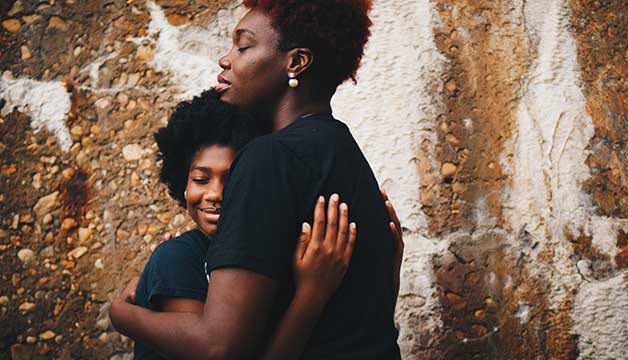This week, I find myself pondering the concept of gratitude. Of course, this is the perfect time of year to give thanks, regardless of how you celebrate the holiday. But gratitude isn’t just important on Thanksgiving. It is beneficial every day because gratitude is good for both your mental health AND your executive functioning.
Correlation between Gratitude and Improved Executive Functioning
This doesn’t just sound good – scientific studies have demonstrated an actual correlation between gratitude and executive functioning. There may be a couple of explanations for this. First, gratitude has been shown to improve both mood and sleep quality, two very important components of brain health.
Furthermore, gratitude stimulates the areas of the brain associated with both dopamine and serotonin, the brain’s feel-good chemicals. Dopamine, the reward chemical, makes it easier to implement positive habits because you feel good more confident. The more you experience hits of dopamine, the more you are likely to engage in the habits that induce this state.
Serotonin, on the other hand, improves overall mood and enhances self-confidence. This can be particularly important when undertaking new or challenging activities. Furthermore, both dopamine and serotonin help to alleviate symptoms of anxiety and depression which are two conditions that may impede executive functioning abilities.
Gratitude Rituals
Though new habits can be difficult to implement, gratitude rituals can be simple, and they don’t need to take up a lot of time. Here are a few ways that you and your family can incorporate gratitude:
- Gratitude journaling – take 5 minutes in the morning or evening to write down 5-10 things for which you are grateful every day. Relationships, job opportunities, a roof over your head, food on your plate, running water, and the rising sun – these are all things for which we can express gratitude.
- Say a prayer of gratitude or give a moment of thanks before meals or bedtime.
- Play a gratitude game with your family- take turns saying things for which you are grateful until everyone runs out.
- Create gratitude collages – use drawings or pictures from magazines, words, and family images to create a collage of all the things for which you feel grateful. Put it somewhere you will see it often.
- See if you can make your first thoughts or words of the day those of appreciation and gratitude.
As with all new habits, it may take some time and practice. However, the benefits make the effort worthwhile. Not only will your brain be better for it, but you will come to realize that life is full of lots of good things. And that is worth remembering all year long.

